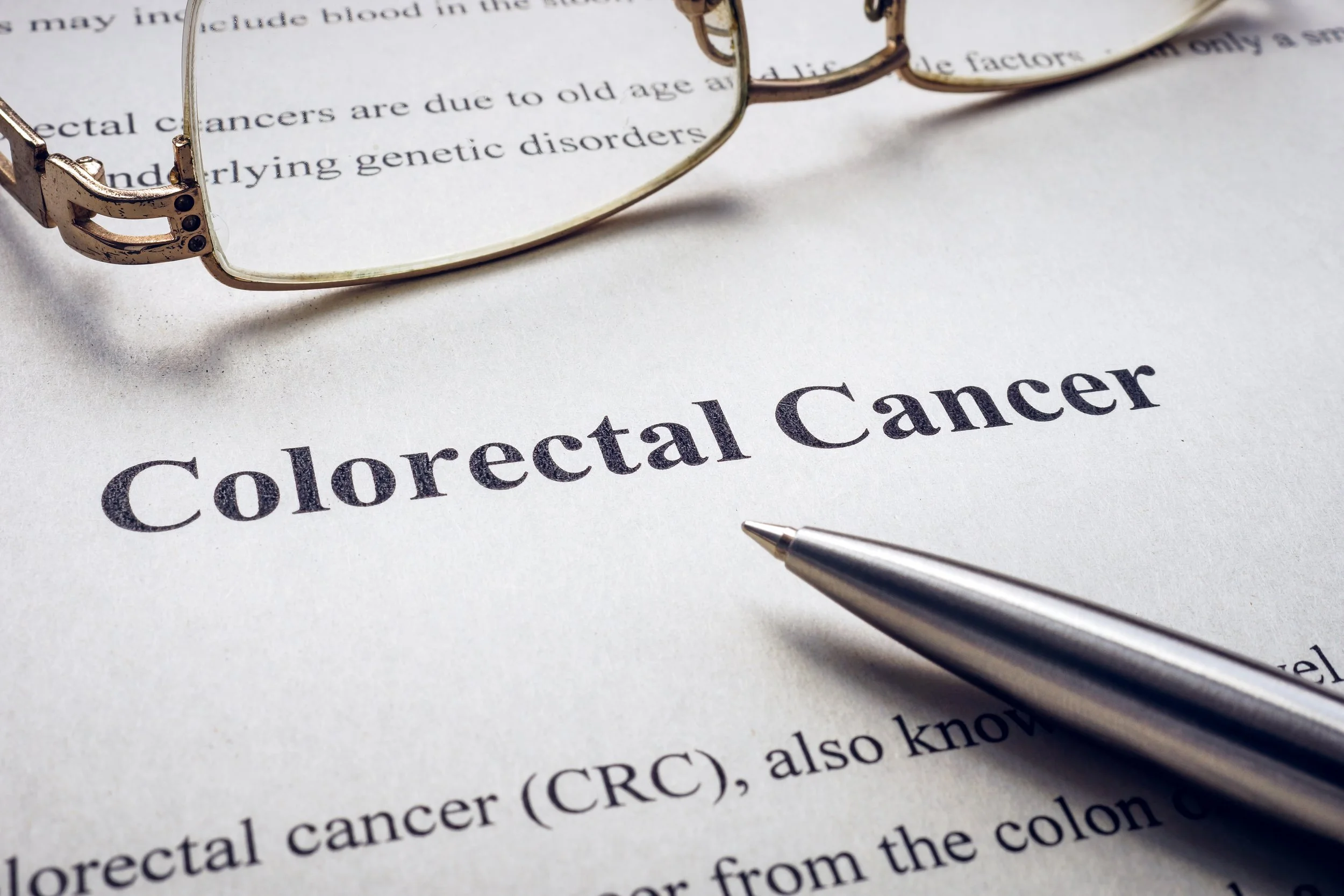Colorectal cancer is one of the most common types of cancer, but with proper knowledge and preventative measures, it’s also one of the most preventable. While having certain risk factors doesn’t guarantee you’ll develop colorectal cancer, being proactive about your health can significantly reduce your risk. At Tampa Bay Colorectal Surgery, we emphasize the importance of understanding risk factors and partnering with a specialist to ensure early detection and optimal outcomes.
In this guide, we’ll break down the risk factors for colorectal cancer into two categories: those you can change and those you cannot. We’ll also discuss steps you can take to lower your risk and when to consult a specialist.
Colorectal Cancer Risk Factors You Can Change
1. Physical Inactivity
Leading a sedentary lifestyle increases your risk of developing colorectal cancer, along with other chronic diseases. Engaging in regular exercise, such as brisk walking, cycling, or strength training, can help reduce inflammation, improve digestion, and lower your risk.
2. Being Overweight or Obese
Excess body weight, particularly around the abdomen, is linked to a higher risk of colorectal cancer. Studies suggest that obesity alters hormone levels and increases inflammation, both of which contribute to cancer risk (Arnold et al., 2017). A balanced diet and consistent physical activity can aid in weight loss and overall health improvement.
3. Poor Diet Choices
A diet low in fiber and high in red or processed meats has been strongly linked to colorectal cancer. Fiber-rich foods like fruits, vegetables, and whole grains improve digestion and promote a healthy gut microbiome, both of which play protective roles. Additionally, meats cooked over an open flame may release harmful compounds that contribute to polyp formation, which can become cancerous [(Dr. Francisco Itriago, MD)].
4. Smoking
Tobacco use is a leading risk factor for many types of cancer, including colorectal cancer. Carcinogens in cigarettes can damage DNA and promote cancer growth. Quitting smoking is one of the most impactful steps you can take to improve your overall health.
5. Heavy Alcohol Consumption
Excessive alcohol intake is linked to higher rates of colorectal cancer. Moderating alcohol consumption to one drink per day for women and two drinks per day for men is recommended to reduce risk (American Cancer Society, 2023).
Colorectal Cancer Risk Factors You Cannot Change
1. Personal History of Polyps or Cancer
If you’ve previously had adenomatous polyps or colorectal cancer, your risk of recurrence is higher. Regular screenings and close monitoring by a colorectal specialist are critical.
2. Inflammatory Bowel Disease (IBD)
Conditions like Crohn’s disease or ulcerative colitis cause prolonged inflammation in the colon, increasing the risk of colorectal cancer. Individuals with IBD often require earlier and more frequent screenings (Yuan et al., 2015).
3. Family History
A first-degree relative (parent, sibling, or child) with colorectal cancer or polyps significantly raises your risk. Genetic counseling and early screenings are recommended for those with a strong family history.
4. Inherited Syndromes
Certain genetic mutations increase the likelihood of colorectal cancer. Syndromes such as Lynch syndrome, familial adenomatous polyposis, and MUTYH-associated polyposis account for 5-10% of cases. Genetic testing can help identify these syndromes early.
5. Type 2 Diabetes
Individuals with type 2 diabetes are at higher risk due to shared factors like obesity and inactivity. Managing diabetes with a healthy lifestyle and regular medical check-ups can lower your cancer risk.
Why Early Detection Matters
Colorectal cancer is the third most common cancer in the U.S. and causes nearly 50,000 deaths annually. However, with routine screenings like colonoscopies, many cases can be caught early, when treatment is most effective. The American Cancer Society recommends starting regular screenings at age 45 for average-risk individuals or earlier for those with additional risk factors.
Key Statistics
60% of deaths from colorectal cancer could be prevented through regular screenings and early detection.
Polyps detected during colonoscopy can be removed before they become cancerous, significantly lowering risk.
Taking Action with Tampa Bay Colorectal Surgery
At Tampa Bay Colorectal Surgery, our team of specialists is dedicated to helping you stay ahead of colorectal cancer. We provide:
Personalized Screening Plans: Tailored to your risk level.
Expert Surgical Care: Minimally invasive procedures for effective treatment and recovery.
Comprehensive Risk Assessment: Including family history, genetic testing, and lifestyle counseling.
Steps You Can Take Today
Adopt a high-fiber diet rich in fruits, vegetables, and whole grains.
Incorporate 30 minutes of exercise into your daily routine.
Avoid smoking and limit alcohol consumption.
Stay informed about your family medical history and discuss it with your doctor.
Schedule regular screenings, especially if you’re over 45 or have additional risk factors.
Works Cited
American Cancer Society. (2023). Risk Factors for Colorectal Cancer. Link.
Arnold, M., et al. (2017). Obesity and colorectal cancer: An update of the evidence. Gut. Link.
Yuan, Y., & Mou, H. (2015). Gastroesophageal reflux disease in the Asian-Pacific region: Pathophysiology, epidemiology, and management. Journal of Gastroenterology and Hepatology. Link.

